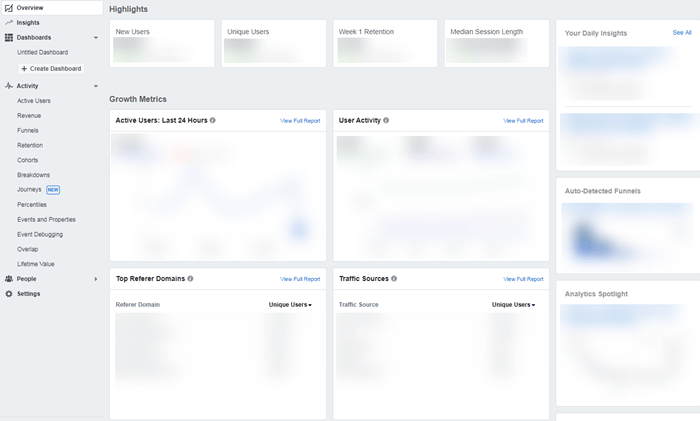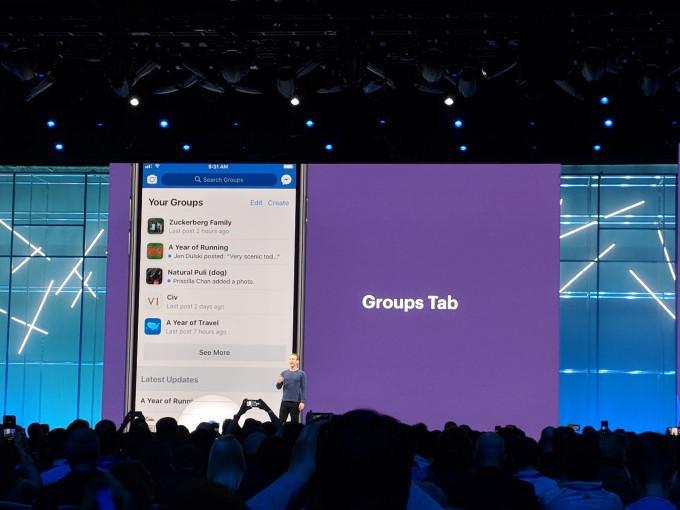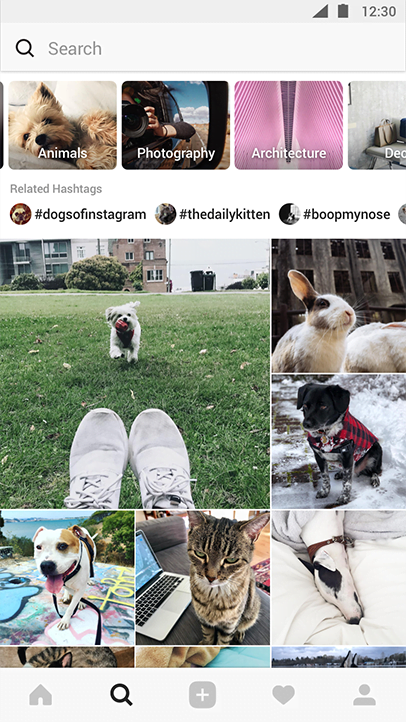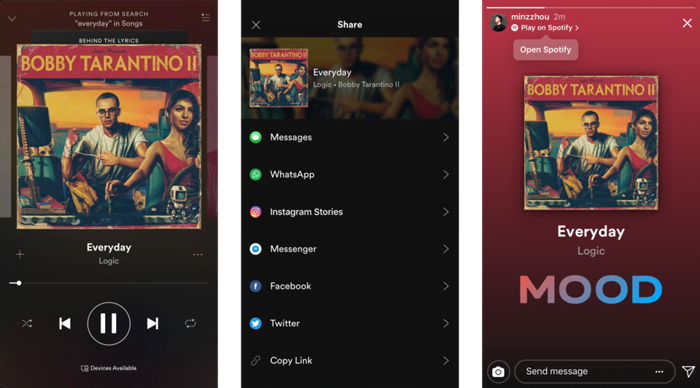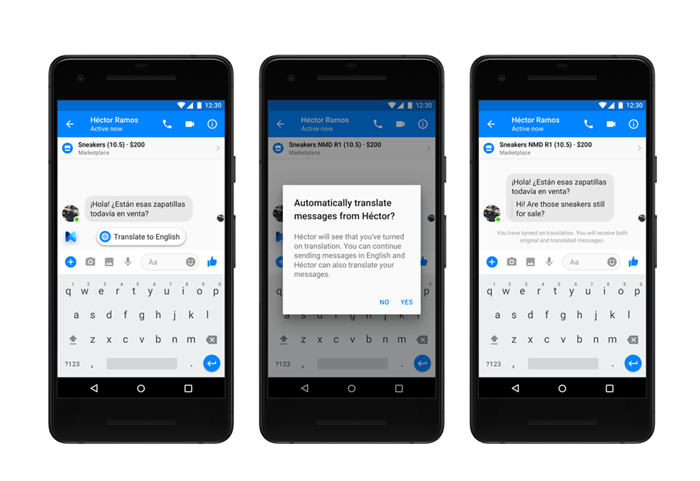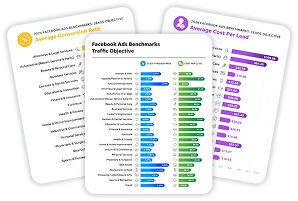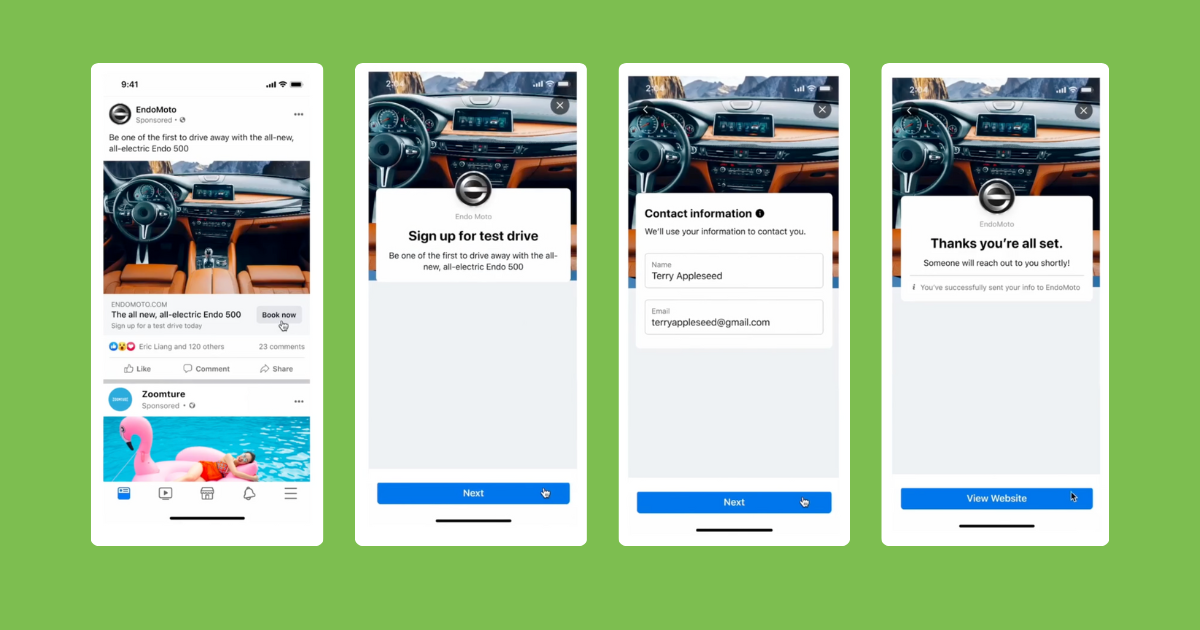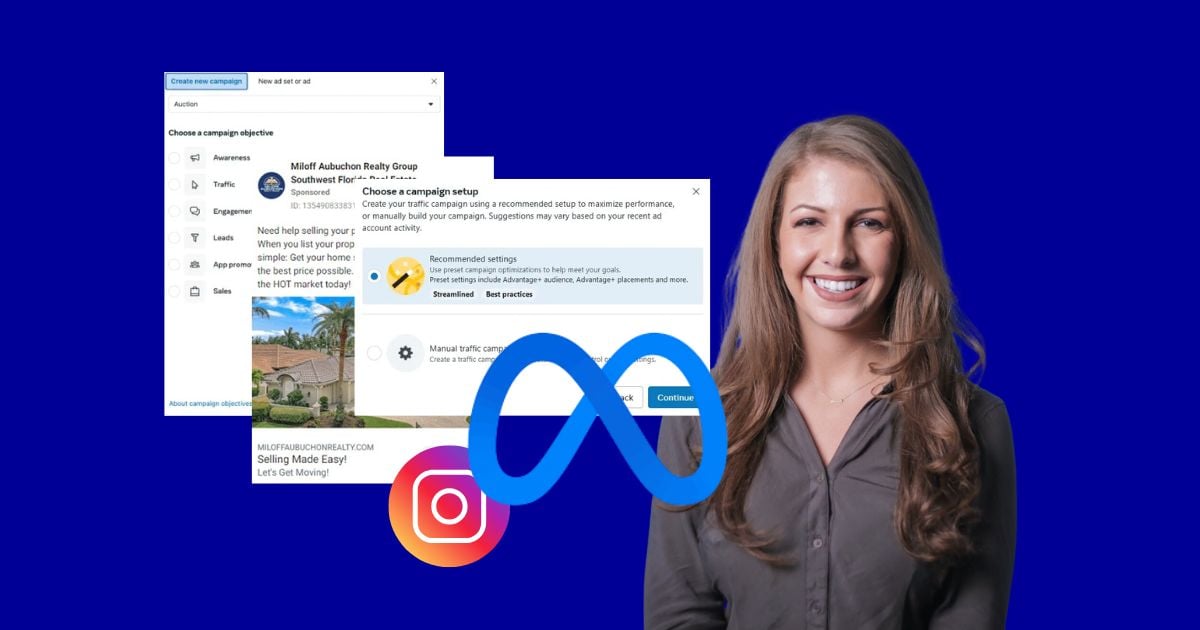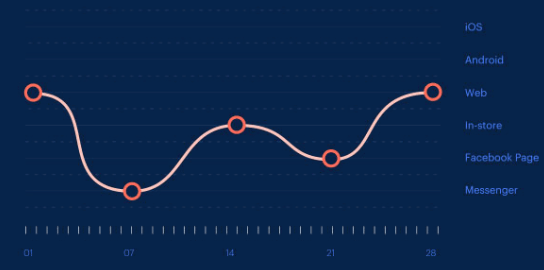
You might not have heard of F8, but the bespectacled architects behind some of your favorite ad platforms, plugins, and neat toys sure have. It’s Facebook’s annual developer conference where, for two days, people far smarter than me listen to other people far smarter than me talk about all the neat new things Facebook is working on.
While the mainstream media has quickly latched onto Facebook’s Match-killer (the online dating juggernaut’s stock tanked yesterday when Zuck and co.’s relationship-centric app was announced) and improved functionality aimed at removing instances of bullying / subversion of the democratic system, there were a handful of exciting announcement that could very well impact the way you market your business.
Interested? Good.
Let’s dive right in.
Track Performance (Even on the Go) with Facebook Analytics
“People-first analytics for an omni-channel world.”
Gosh that sounds neat.
Facebook Analytics (check out the microsite: even if you don’t feel like reading through it right now, it sure is cool to look at) is a new tool from Facebook designed to help companies gain an understanding of how people interact with their business assets (website, Facebook page, app) for the purposes of, you know, optimization. While some of the features highlighted aren’t new but, rather, repackaged under the Analytics umbrella, they are incredibly useful for paid and organic social ads.
A caveat: because it’s 2018 and there was that whole Cambridge Analytica thing, this data is aggregate-only.
Per Facebook, “Analytics features are carefully built to protect people’s privacy. We don’t share individually identifiable information such as email addresses or phone numbers… All of the metrics you see in Facebook Analytics are based on aggregated, anonymous data.”
This is no different than the Google Analytics data you’re probably already working with, only here, you’ve got the benefit of 2 billion people wading around in a pool rife with demographic and psychographic badassery.
The new features from Facebook Analytics highlighted at F8 were…
- A new mobile app. Review key metrics on the go from your overview tab and custom dashboards.
- Auto-detected funnels. Use machine learning to find recurring paths people take within your site, app, or Facebook properties before becoming a customer, helping you break bottlenecks and double down on the most-effective segments of your customer journey.
- Custom insights. Add events within Analytics to generate custom insights, like sections of your site that correlate with purchases within a particular demographic or the relationship between promo codes and average order value, to aid in your optimization efforts.
In addition to these shiny new toys designed to help you better understand outside of the standard last-click attribution model, Facebook Analytics will also give you the ability to create funnels, dashboards, segment prospects into cohorts to view the progress of their journey from first contact to closed deal, and a million and one other features I haven’t stumbled upon (yet).
To start leveraging these tools and the ones Facebook already offered, all you need to do is install the Pixel on your website…
…and bounce over to the “Analytics” tab in your Business Manager account.
A New “Clear History” Feature Could Screw Up Your Audience Targeting
Again, improved privacy features rear their head!
Facebook is working on a new tool called “clear history.” Its function is pretttttty self-explanatory.
According to Erin Egan, Facebook’s VP and Chief Privacy Officer, “This feature will enable you to see the websites and apps that send [Facebook] information when you use them, delete this information from your account, and turn off [Facebook’s] ability to store it associated with your account going forward.”
While that sounds like a win for humanity, it could really mess with how we target people on Facebook, particularly when using custom audiences. While you’ll still have access to basic demographic data, there’s a good chance the more valuable, granular targeting parameters you rely on could see a dip.
The Facebook experience for any individual user is augmented with feedback the platform receives from actions and behavior both in-app and on other websites. If a user decides to clear their history, Facebook will lose the information it uses to provide a customized experience; the decision will effectively make Facebook worse, especially when it comes to ads. Facebook isn’t going to stop serving ads to people who clear their history. Instead, they’ll just see less relevant ads. Which could very well mean less engagement or costlier CPCs.
The good news?
This tool isn’t rolling out for a few months, and most of the general public values convenience over privacy; the fact that clearing history will automatically log individuals out of websites and apps they access via their Facebook credentials means that most people won’t do it very often.
Improved Groups Functionality for Fostering Unpaid Engagement
Facebook is shooting to make Groups a more important part of the user experience.
By convincing users to spend more time focusing on community rather than aimlessly scrolling through their News Feeds, Facebook aims to become a positive force in their lives. This will happen through the introduction of a new Groups tab and, perhaps more interesting, an embeddable “Join Group” button.
For advertisers, these are a huge deal.
The introduction of the Groups tab will allow users to sift through the Facebook groups to which they belong from one unified location, making it easier for your fans to keep tabs on what you’re posting organically without having to go to the trouble of adding your creative to their news feed.
By making it easier for users to see and interact with content posted in and by groups they belong to, you can foster community and develop a better understanding of these peoples’ likes and behavioral patterns, which can inform your ad creative down the line.
Since third-party data is being stripped from Facebook in the name of privacy, we need every targeting advantage we can get. The ability to include an embeddable “Join Group” button on your website means you can add prospects who click to custom audiences; pairing this feature with Facebook Analytics will allow you to create separate audiences of people who have visited specific pages on your website and interacted with your group.
Community-Based Curation (and AR) Come to Instagram
Speaking of engaged audiences…
There are still boatloads of people who don’t seem to realize the relationship between Facebook and Instagram; much of the backlash that’s hit the former over the last two months has left the latter completely unscathed. As such, Instagram is thriving.
Currently, the app’s Explore feature helps people “discover new ideas, people, and experiences.” The redesign will kick that mission up a notch, organizing personalized recommendations into topic channels based on interest that make it easier to dig into any subject you’re interest in based on a whim.
Why should you care?
Because you’re probably building an organic following on Instagram to grow brand awareness, and the new Explore feature will allow you to leverage hashtags to stuff your content into these categories. Remember: interaction can be used to create audiences for ads. By boosting a post and tagging it to appear in the categories that might exist within your prospects’ apps, you can improve the chance of engagement and give yourself yet another channel from which to create custom audiences.
The new Explore tab rolls out some time in the next few weeks. Be ready.
Side note: This probably won’t benefit you as an advertiser, but it will rock your world as a human being…
One of the Instagram updates is the ability to share to stories from apps like Spotify! You can post the song you’re listening to to your Story through your phone’s camera and append a clickable link without even connecting the two accounts. So cool!
Messenger Gets a Whole Mess of New Toys
Last but not least, Facebook Messenger is getting a few new features that could play a big role in the way you use the platform for business.
First—and not technically an F8 announcement—per WordStream founder Larry Kim, Facebook’s ban on creating new marketing chatbots has been lifted (woo!).
The two biggest updates to Messenger that were announced by staffers were real doozies.
First, Facebook will launch an AR integration for Messenger that will allow businesses of all sizes to “Leverage the Camera Effects Platform to easily integrate AR into their Messenger experience, bringing the virtual and physical worlds one step closer together.”
Let’s say you run an ecommerce business and someone uses Messenger to ask you a question about one of your products. This integration will allow you to prompt the potential customer to open their camera, which will let them visualize the product before buying it through the use of custom filters and AR effects. Though the feature is in closed beta and will only be rolled out to select brands over the next few months, Facebook plans to roll it out to all businesses if testing goes smoothly.
Next up, Facebook is implementing a new translation feature to help users communicate outside of their default language.
Right out of the gate, M will assist users with “translations from English to Spanish (and vice-versa) in Marketplace conversations taking place in the US.” We anticipate that Facebook is simply using Marketplace as a testing ground; if the translation feature proves effective, it’s only a matter of time before language barriers are nothing of the sort for businesses worldwide.
Beyond F8
While they don’t quite make up for the loss of free third-party targeting data baked into its ad interface, these features add a ton of business potential to Facebook, Instagram, and Messenger from both an organic and paid perspective. As the Cambridge Analytica fallout continues and these innovations go live for all of us operating on a Facebook property, it’s going to be super interesting to see how businesses of all sizes leverage these tools at each stage of the sales process.

